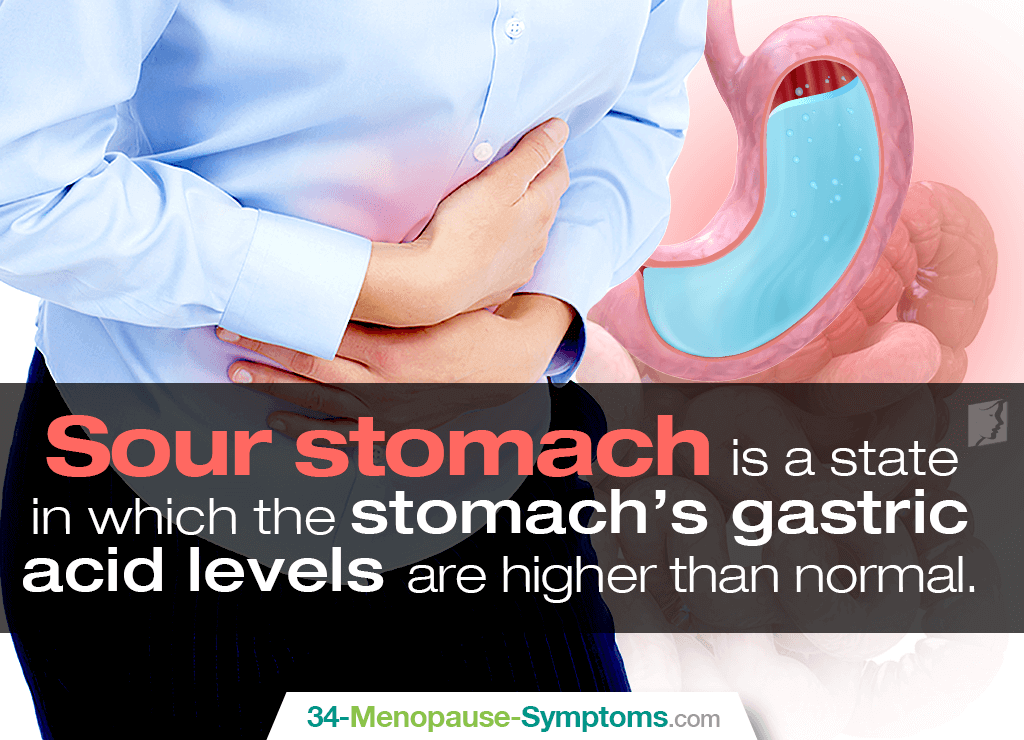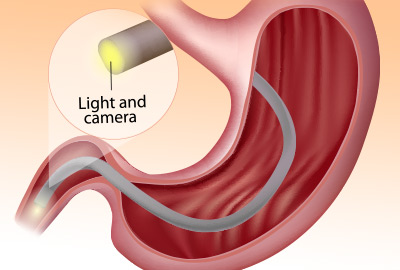Everyone has at some point experienced bouts of nausea, gas, and bloating after eating. But how do you know when symptoms are signaling more than just fullness and could be due to a condition known as sour stomach?
Continue reading to find out important things to know about sour stomach, including what it is, its causes, symptoms, and treatment options, to finally put your gastrointestinal concerns to rest.
What is Sour Stomach?
Sour stomach is a state in which the stomach's gastric acid levels are higher than normal. The symptom is also known as hyperchlorhydria, chlorhydria, or acid stomach.
Because stomach acid - consisting of hydrochloric acid, potassium chloride, and sodium chloride - is crucial for proper digestion, its imbalance can negatively affect your body's ability to process and absorb your food.
What Causes Sour Stomach?
An increase in the production of the hormone gastrin, or hypergastrinemia, is generally what increases stomach acids. Accordingly, many of the following causes contribute to elevated gastrin levels, thus causing a sour stomach.
Hormonal causes
Women who are passing through periods of reproductive significance - such as menopause - are likely to suffer from digestive problems, such as sour stomach, due to drastically changing hormone levels. Although solid research on the connection between menopause and digestive problems is still in process, it is believed that they are caused by fluctuating estrogen and progesterone levels affecting acid production in the stomach.
Other causes
Increased stomach acid production can also be due to triggers such as eating large meals quickly; drinking excessive amounts of caffeine; consuming foods with high acid contents, like citrus fruits and tomatoes; overstressing; smoking; drinking alcohol; and more.
Moreover, excess stomach acid causing sour stomach can be symptom of certain medical conditions, such as those that cause ulcers or tumors to develop that increase amounts of the hormone gastrin produced. They include peptic ulcer disease, Zollinger-Ellison Syndrome, retained antrum syndrome, and antral G-cell hyperplasia, among others.
What are Symptoms of Sour Stomach?
Common symptoms of acid stomach include, but are not limited to:
- Nausea
- Heartburn
- Abdominal pain
- Vomiting
- Gas and bloating
- Belching
- Flatulence
- Constipation
Because many of these symptoms are similar to the opposite condition (hypochlorhydria, or low stomach acid), sour stomach is often misdiagnosed.
How Do I Treat Sour Stomach?
Treating sour stomach consists of digging down to the underlying cause for ultimate relief.
For instance, for women whose acid stomach is triggered by certain habits, alleviation would be found by avoiding those practices. Then, for those whose sour stomach is symptom of an underlying medical condition, treatment will be focused upon methods to cure the condition or disease, thus resolving digestive system problems.
Finally, for those who are suffering from sour stomach during their perimenopausal years, treatments for digestive problems will focus on curing the root cause of hormonal imbalance with lifestyle changes and alternative medicines. By promoting optimal health of the endocrine system, the majority of menopause symptoms, including acid stomach, should resolve themselves.
Key Takeaways
Sour stomach - also known as hyperchlorhydria, chlorhydria, or acid stomach - is a state in which stomach acid levels are higher than normal, causing digestive discomforts. The symptom can be due to hormonal causes, triggers, or certain medical conditions that increase the production of the hormone gastrin, which, thus, increases stomach acid production. Common symptoms include nausea, heartburn, abdominal pain, gas, bloating, constipation, and more. Furthermore, treatment will depend upon the underlying cause, and ultimate relief for menopausal women lies in treating the hormonal imbalance at fault.
Sources
- Alcohol Answers. (2013). Stomach. Retrieved November 20, 2018, from http://www.alcoholanswers.org/alcohol-education/health-topics/alcohol-and-stomach.cfm
- Clinical Education. (2011). The Role of HCL In Gastric Function and Health. Retrieved November 20, 2018, from https://www.clinicaleducation.org/resources/reviews/the-role-of-hcl-in-gastric-function-and-health/
- Dacha, S. et al. (2015). Hypergastrinemia. Gastroenterology Report, 3(3), 201-208. Doi: 10.1093/gastro/gov004
- Eliakim, R. et al. (2000). Estrogen, progesterone and the gastrointestinal tract. The Journal of Reproductive Medicine, 45(10), 781-788. Retrieved November 20, 2018, from https://www.ncbi.nlm.nih.gov/pubmed/11077624
- Goldberg, R. (2014). Drugs Across the Spectrum, 7th Edition. California: Wadsworth, Cengage Learning. Available from Google Books.
- Mayo Clinic. (2018). Zollinger-Ellison syndrome: Symptoms & causes. Retrieved November 20, 2018, from https://www.mayoclinic.org/diseases-conditions/zollinger-ellison-syndrome/symptoms-causes/syc-20379042
- National Institute of Diabetes and Digestive and Kidney Diseases. (2013). Smoking and the Digestive System. Retrieved November 20, 2018, from https://www.niddk.nih.gov/health-information/digestive-diseases/smoking-digestive-system
- Riordan Clinic. (n.d.). Why Your Stomach Acid Is Important. Retrieved November 20, 2018, from https://riordanclinic.org/2014/03/why-your-stomach-acid-is-important/
- Song, E.M. et al. (2013). The Association Between Reflux Esophagitis and Psychosocial Stress. Digestive Diseases and Sciences, 58(2), 471-477. doi: 10.1007/s10620-012-2377-z




